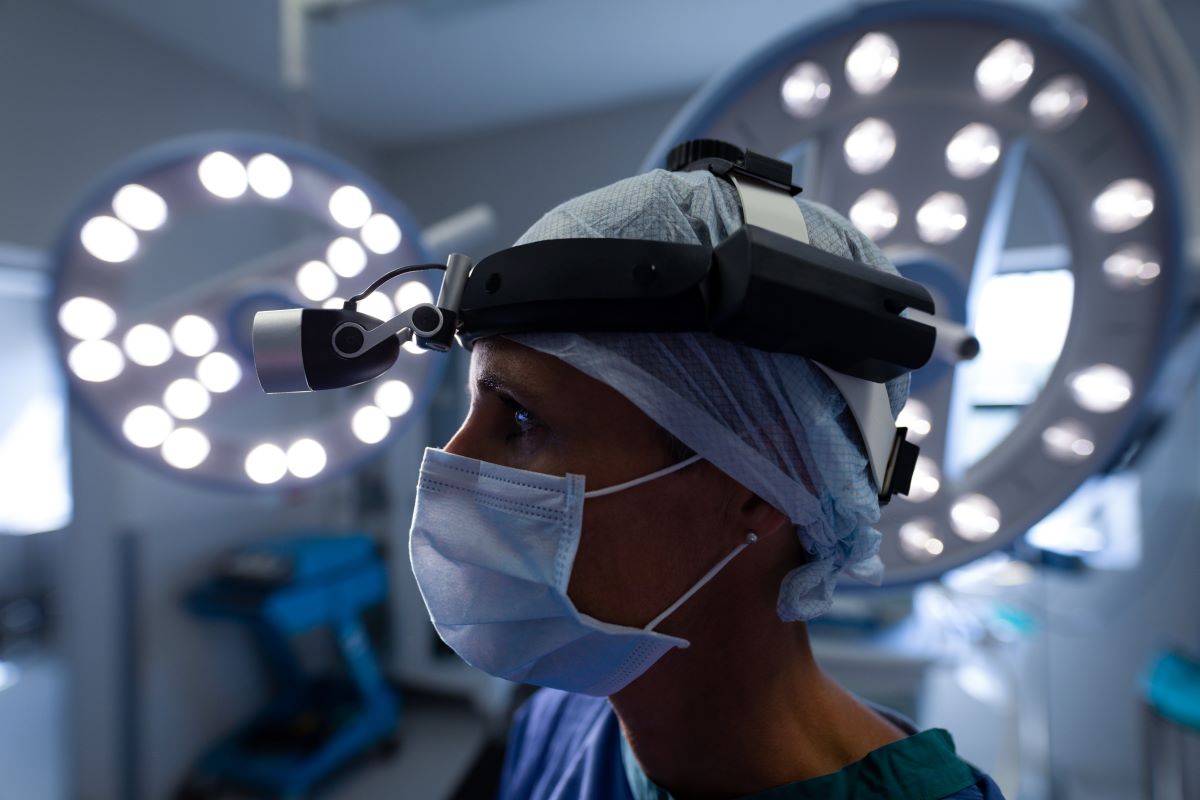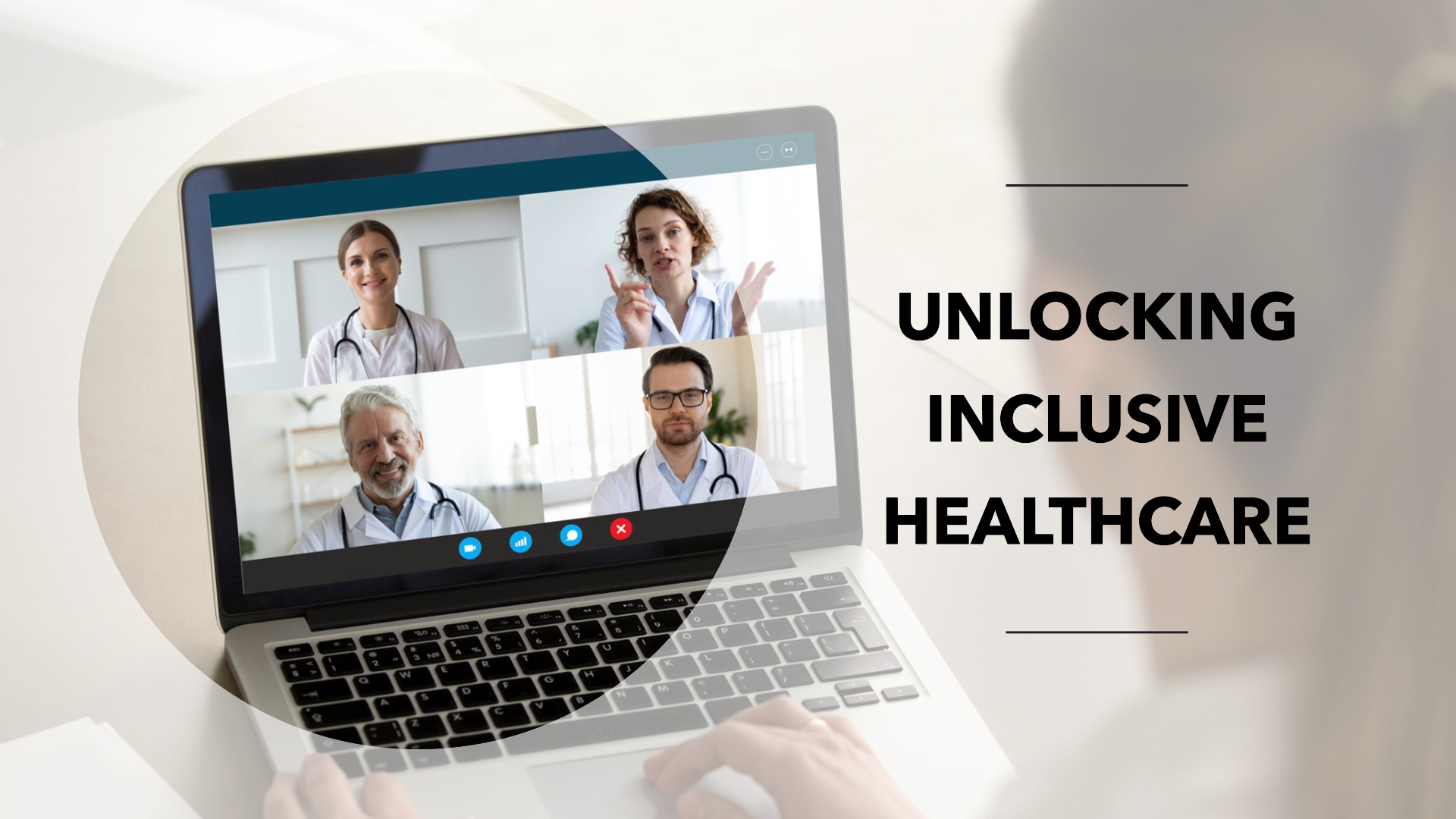In a recent YouTube interview I sat down with José Pedro Almeida to discuss the topic of bringing a new intelligence to healthcare operating systems. Our guest is a Chief AI Strategist, a top 70 AI Mind, a board member, a Digital Data Executive, and a speaker. Jose Pedro is a pioneer in leveraging data and AI in the healthcare industry, with over 15 years of hands-on experience.
This captivating conversation delved into the reasons behind healthcare and hospitals lagging behind, the relevance of #GenerativeAI in the current era, the transformation of healthcare organizations, and a vision of the hospital of the future. Let’s dive deeper into these thought-provoking topics and explore the key insights shared during the interview.
Watch the video #140 Bringing a New Intelligence to Healthcare Operating Systems with José Pedro Almeida:
The Importance of Trust in Healthcare AI
According to Jose Pedro, one of the primary issues hindering the widespread adoption of AI in healthcare is trust. Trust plays a vital role in building valuable solutions in the field. He believes that companies have been selling AI products in the wrong way. Instead of leading with AI, the focus should be on solving clinical problems faced by doctors and nurses every day. The real value lies in bringing positive outcomes to patients, regardless of whether AI is involved or not. To achieve this, it is essential to work side by side with healthcare professionals and test solutions directly in the complex healthcare operating system.
The Transformative Power of Generative AI
Jose Pedro emphasizes that the time for AI in healthcare has arrived, especially with the advent of generative AI and large language models. In the past, AI models were limited, narrow, and often worked in isolation. However, with generative AI, the capabilities of AI have taken a significant leap forward. These models can analyze all types of data, making them more accurate and effective in assisting healthcare professionals. By considering a patient’s complete medical history, pathology, lab results, and other relevant factors, generative AI models can provide more comprehensive and accurate predictions.
Transforming Healthcare Organizations in the New Era
To thrive in this new era, healthcare organizations must undergo transformative changes. Jose Pedro believes that organizations that adapt to become more tech-oriented will lead the way. It is crucial to establish a separate digital and AI strategy, recognizing that data and AI are specialized areas requiring dedicated focus. Building a digital representation of the business is essential, enabling the integration of AI seamlessly into healthcare operations and automating processes to improve efficiency and decision-making.
Additionally, healthcare organizations need to bring AI leaders into the C-Suite. These leaders should possess a deep understanding of AI, data, and digital technologies. They need to design a strategic plan for AI integration and influence other executives to embrace AI and transform the way the organization operates. This transformation involves retraining the workforce to work alongside AI models and empowering them with the necessary skills to leverage AI effectively.
The Hospital of the Future: A Vision
In a captivating discussion, Jose Pedro Almeida shared his vision for the hospital of the future. He envisioned a hospital that goes beyond reactive care and becomes a hub for preventive care and well-being. By leveraging AI and wearable technologies, continuous patient monitoring can proactively intervene and prevent the progression of diseases before they become critical.
In this future hospital, AI-powered systems seamlessly integrate with healthcare operations, automating routine tasks and enabling healthcare professionals to focus more on patient care and complex decision-making. The hospital of the future will be a connected ecosystem, where data flows seamlessly between different healthcare systems and devices, facilitating real-time collaboration and driving improved clinical outcomes.
Personalized medicine will play a significant role in the hospital of the future. AI-driven algorithms will analyze individual patient data, incorporating medical history, genetic information, and lifestyle factors to create personalized treatment plans. This precision medicine approach will result in better patient outcomes and enhance overall healthcare delivery.
Harnessing the Power of New Intelligence: Transforming Healthcare Operating Systems with Generative AI
The new intelligence that is transforming healthcare operating systems is driven by the advancements in artificial intelligence (AI) technologies, particularly generative AI and large language models. These cutting-edge technologies have the potential to revolutionize healthcare by providing powerful tools for data analysis, decision support, and automation.
Generative AI refers to the ability of AI models to generate new content, such as text, images, or even music, based on patterns and insights learned from vast amounts of data. In the context of healthcare, generative AI can be used to analyze diverse datasets, including electronic health records, medical imaging, genomic information, and scientific literature, to extract meaningful patterns and insights.
By analyzing and synthesizing this data, generative AI models can assist healthcare professionals in various ways. For example, they can help with diagnosing diseases by analyzing medical images or identifying patterns in patient data. These models can also assist in treatment planning by recommending personalized treatment regimens based on individual patient characteristics and medical history.
Another significant advancement in the field of AI is the development of large language models like OpenAI’s GPT-3, which can understand and generate human-like language. These models can be used to extract and interpret information from medical texts, scientific literature, and patient records, providing valuable insights to healthcare professionals.
The incorporation of these new AI capabilities into healthcare operating systems has the potential to streamline workflows, enhance decision-making, and improve patient outcomes. For example, AI can automate administrative tasks, such as documentation and billing, allowing healthcare professionals to focus more on patient care. AI algorithms can also help identify potential drug interactions or adverse events, enabling early intervention and preventing harm to patients.
Moreover, AI-powered tools can support clinical decision-making by providing evidence-based recommendations, flagging potential risks, and predicting patient outcomes. By leveraging the power of AI, healthcare operating systems can become more efficient, accurate, and personalized, ultimately leading to better patient care and outcomes.
However, it is important to note that the integration of new intelligence into healthcare operating systems should be done carefully and responsibly. Ethical considerations, privacy concerns, and transparency in AI algorithms are of utmost importance to ensure trust and safeguard patient well-being.
In summary, the new intelligence transforming healthcare operating systems is driven by generative AI and large language models. These advanced technologies have the potential to revolutionize healthcare by providing precise, personalized, and evidence-based support to healthcare professionals. By incorporating AI into healthcare operating systems, organizations can enhance efficiency, improve decision-making, and ultimately deliver better care to patients.
Conclusion
In conclusion, the healthcare industry is on the brink of a transformative era, where the integration of new intelligence is poised to revolutionize patient care and healthcare operations. By embracing the power of generative AI and leveraging its capabilities, healthcare organizations can bring a new intelligence to their operating systems – one that is driven by data, insights, and automation.
With the incorporation of generative AI into healthcare operating systems, organizations can unlock a multitude of benefits. Firstly, these advanced AI models can analyze vast amounts of healthcare data, including electronic health records, medical imaging, and genomic information, to extract meaningful patterns and insights. This new intelligence enables healthcare professionals to make more accurate diagnoses, develop personalized treatment plans, and predict patient outcomes with greater precision.
Furthermore, generative AI models, coupled with large language models, empower healthcare professionals to tap into the wealth of medical literature and scientific research. These models can extract valuable information, interpret complex texts, and provide evidence-based recommendations, enhancing clinical decision-making and enabling healthcare providers to stay up-to-date with the latest advancements in their fields.
However, it is crucial to approach the adoption of new intelligence in healthcare with a strong emphasis on trust, ethics, privacy, and transparency. The responsible use of AI, coupled with a commitment to maintaining patient trust, is essential in ensuring the successful integration of this technology into healthcare operating systems.
In summary, the transformative power of new intelligence, driven by generative AI and large language models, is poised to revolutionize healthcare operating systems. By embracing this new era, healthcare organizations can unlock unprecedented insights, streamline processes, enhance decision-making, and ultimately deliver better care to patients. The future of healthcare is bright, and by harnessing the power of new intelligence, organizations can lead the way in innovation and transform the healthcare landscape for the better.
If you want to get the best digital health news, you can visit our website, Digital Salutem. We will update digital health news every week, so please keep in contact with us every week! If you have any feedback or suggestion about patient care, wearables, digital health news, or anything, please don’t hesitate to send an email to us!
Check our YouTube Channel, Healthcare Uncomplicated. To find out more about how we can help you with your Digital Healthcare Transformation, Healthcare organizational growth, or Healthcare brand positioning via our Partner as a Solution service, please get in touch via phone at +44 (0)1273 458590 or via e-mail: info@digitalsalutem.com





